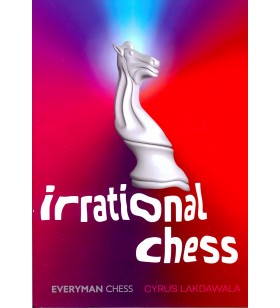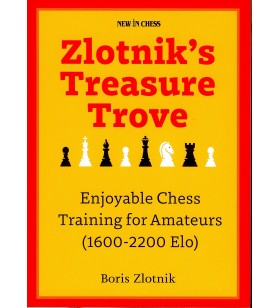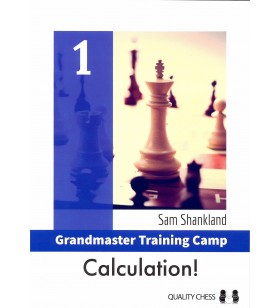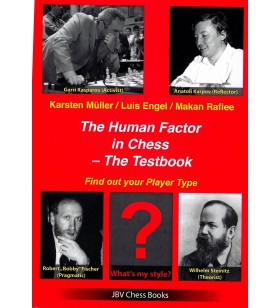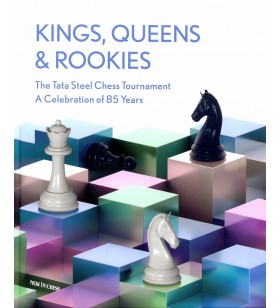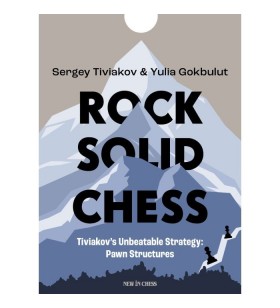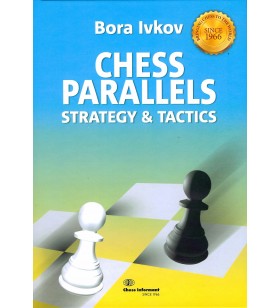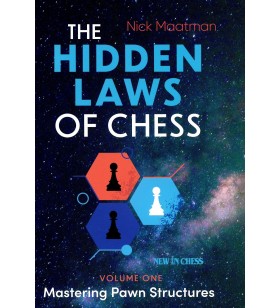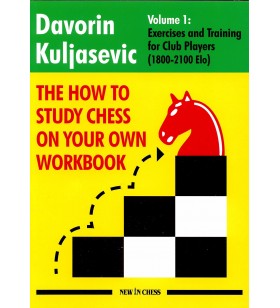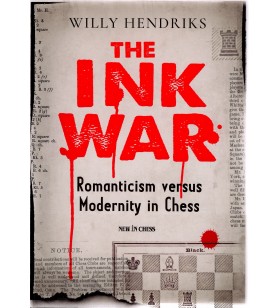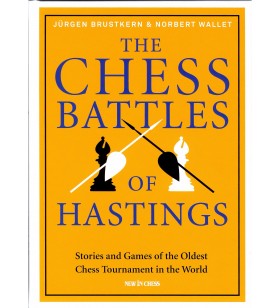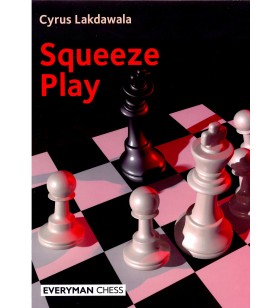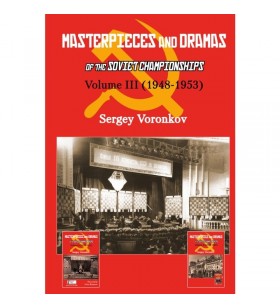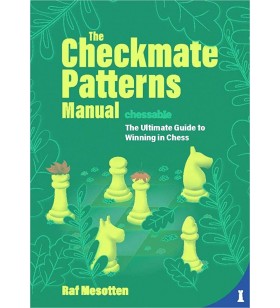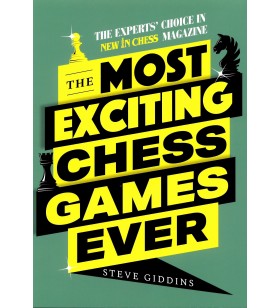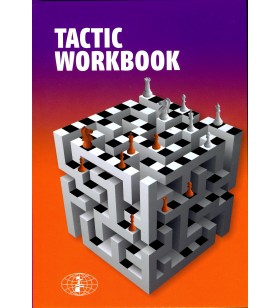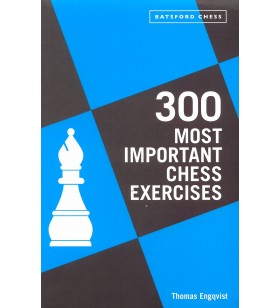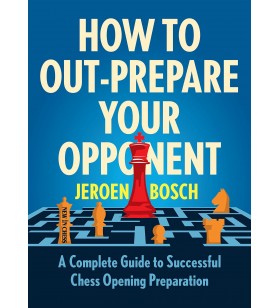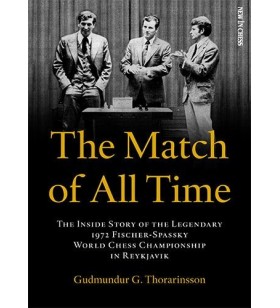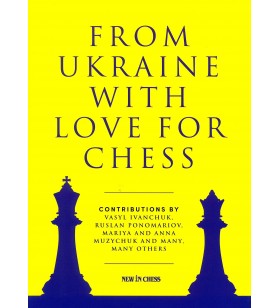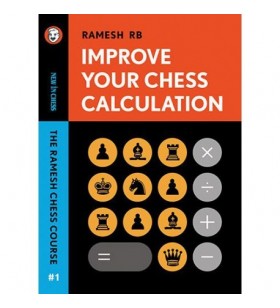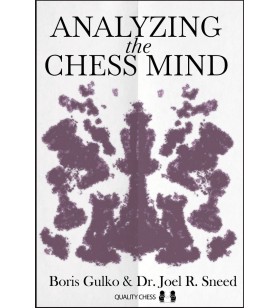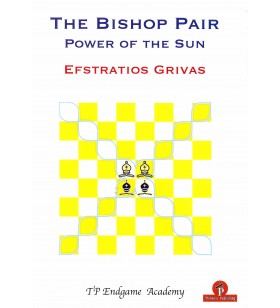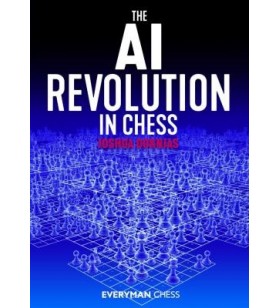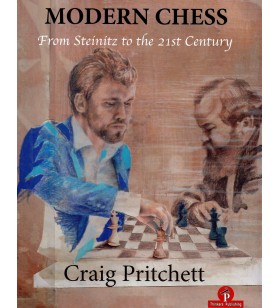Lakdawala - Irrational Chess
The vast majority of chess games witness familiar strategies and well known tactical motifs. These are the games that you will find in the anthologies and opening repertoires. Sometimes however, games appear that seem to have been played on a different planet.
Conventional strategies go out of the window. Familiar tactical themes are nowhere to be seen. Chaos has broken out. The pieces appear to be in open rebellion and are steadfastly refusing to do the natural jobs that they were designed for.
Having to navigate a path in such a game can be a nightmare. Do you rely purely on calculation? Is it better to trust your instincts? Can you assess the position using “normal” criteria?
In order to answer these questions, prolific chess author and coach Cyrus Lakdawala has assembled a collection of brilliantly unconventional and irrational games. The positions in these games appear almost random. Kings have gone walkabout, pieces are on bizarre squares, huge pawn rollers are sweeping all before them.
Irrational chess is like nothing you’ve seen before. As well as being highly instructive this is a hugely entertaining book.
Do not adjust your set. It’s chess, Jim, but not as we know it.

 Français
Français Nederlands
Nederlands English
English
